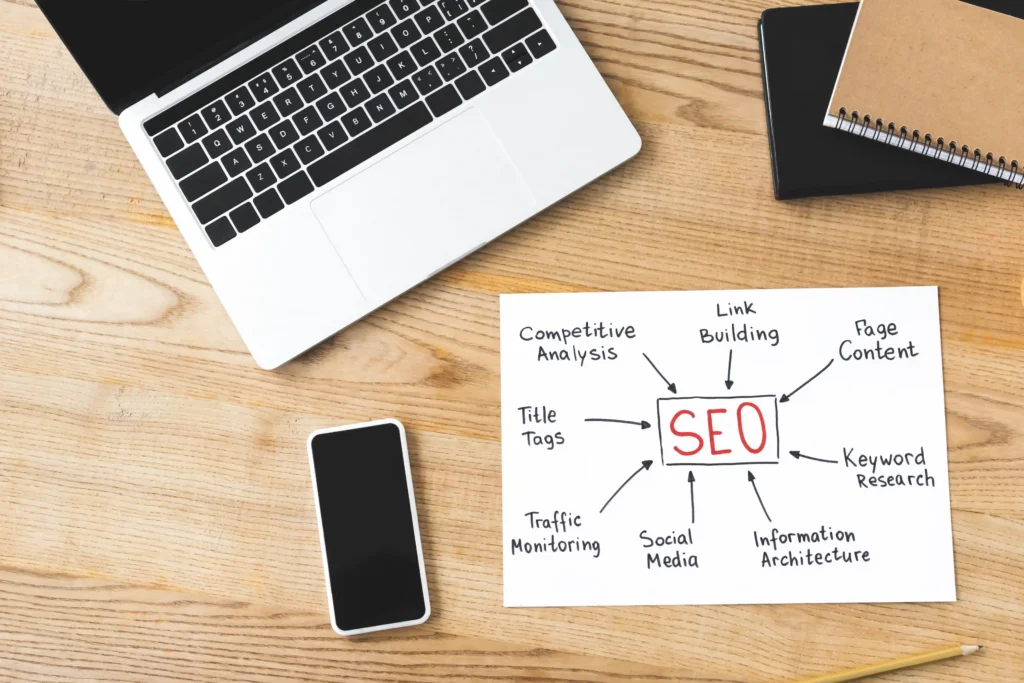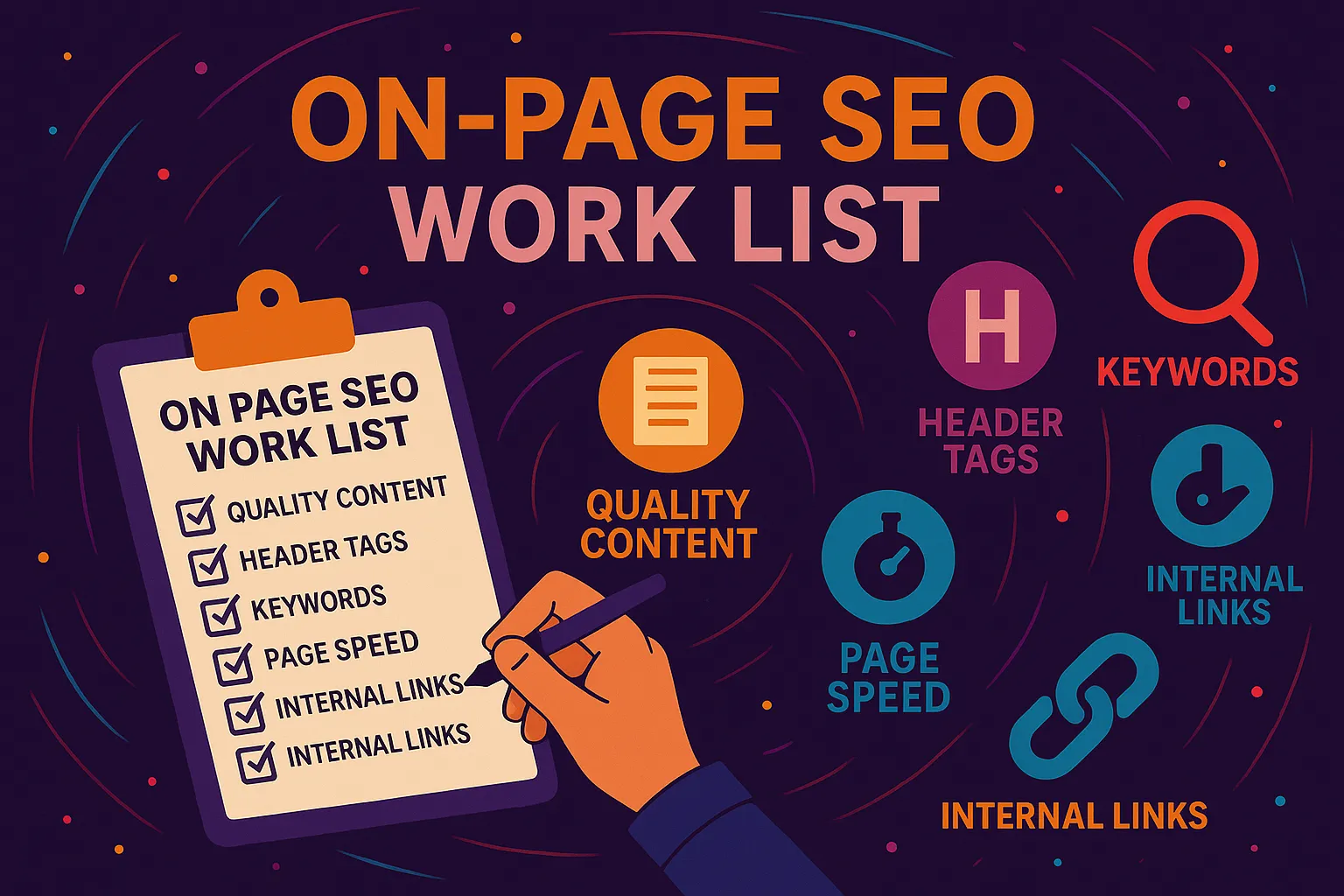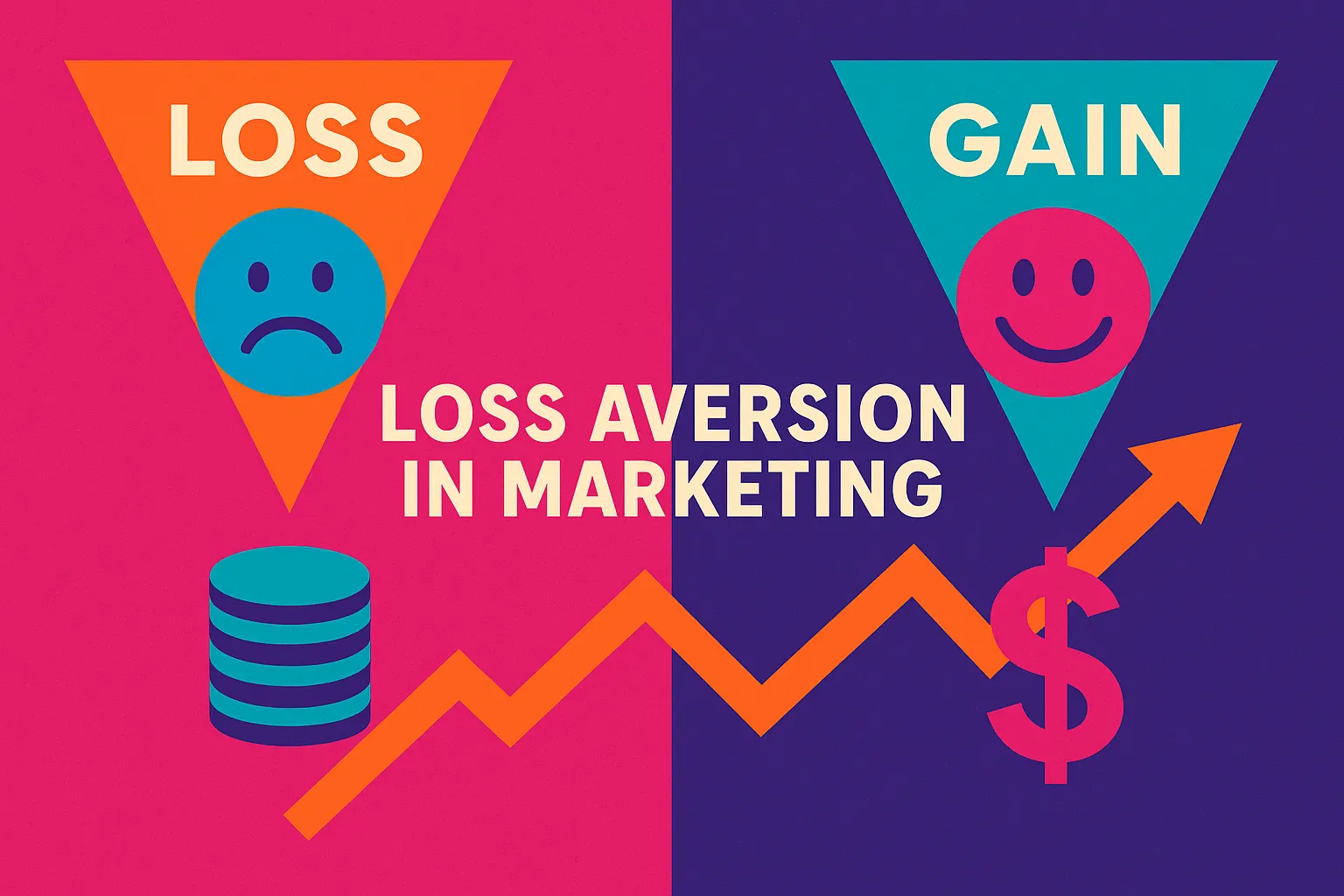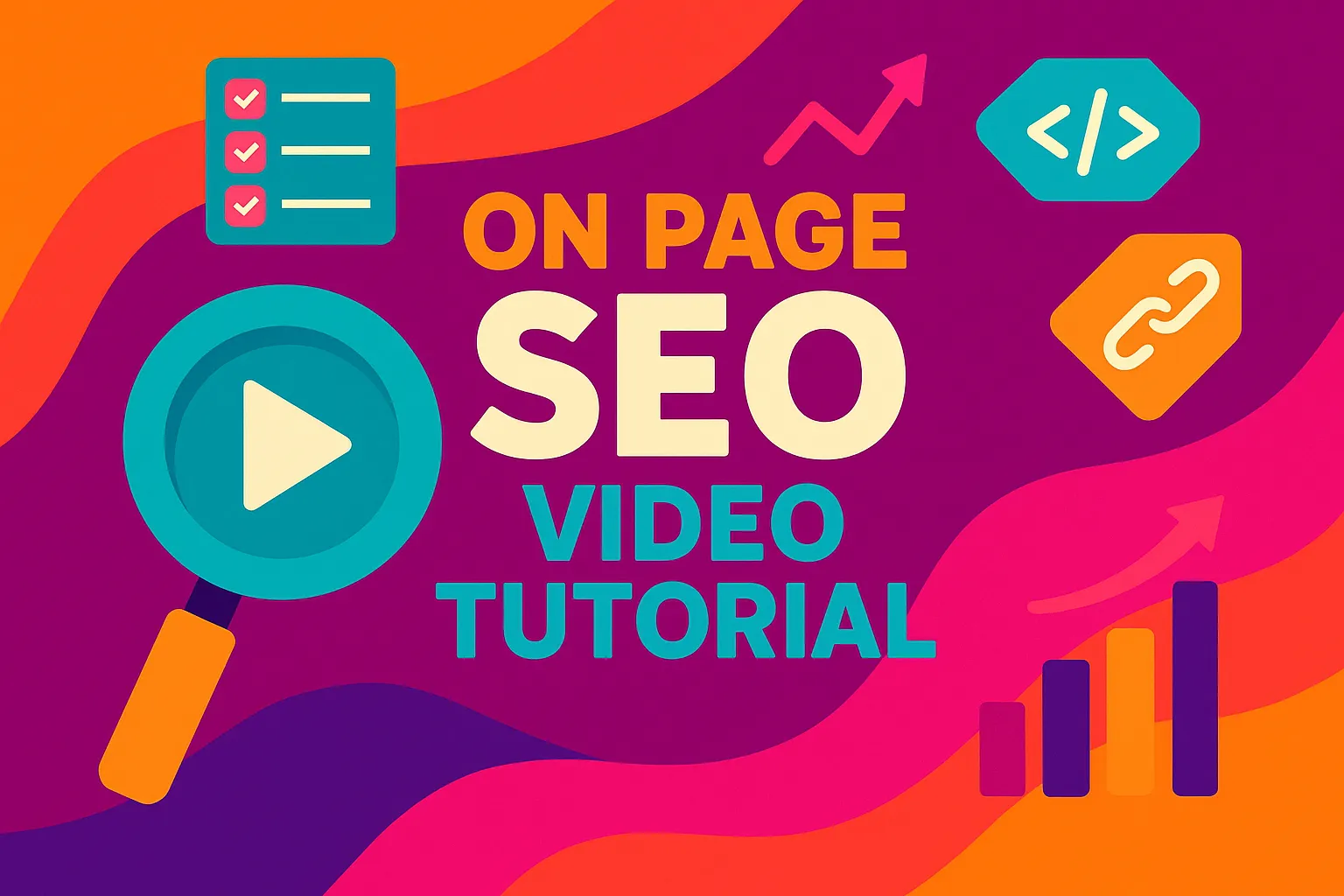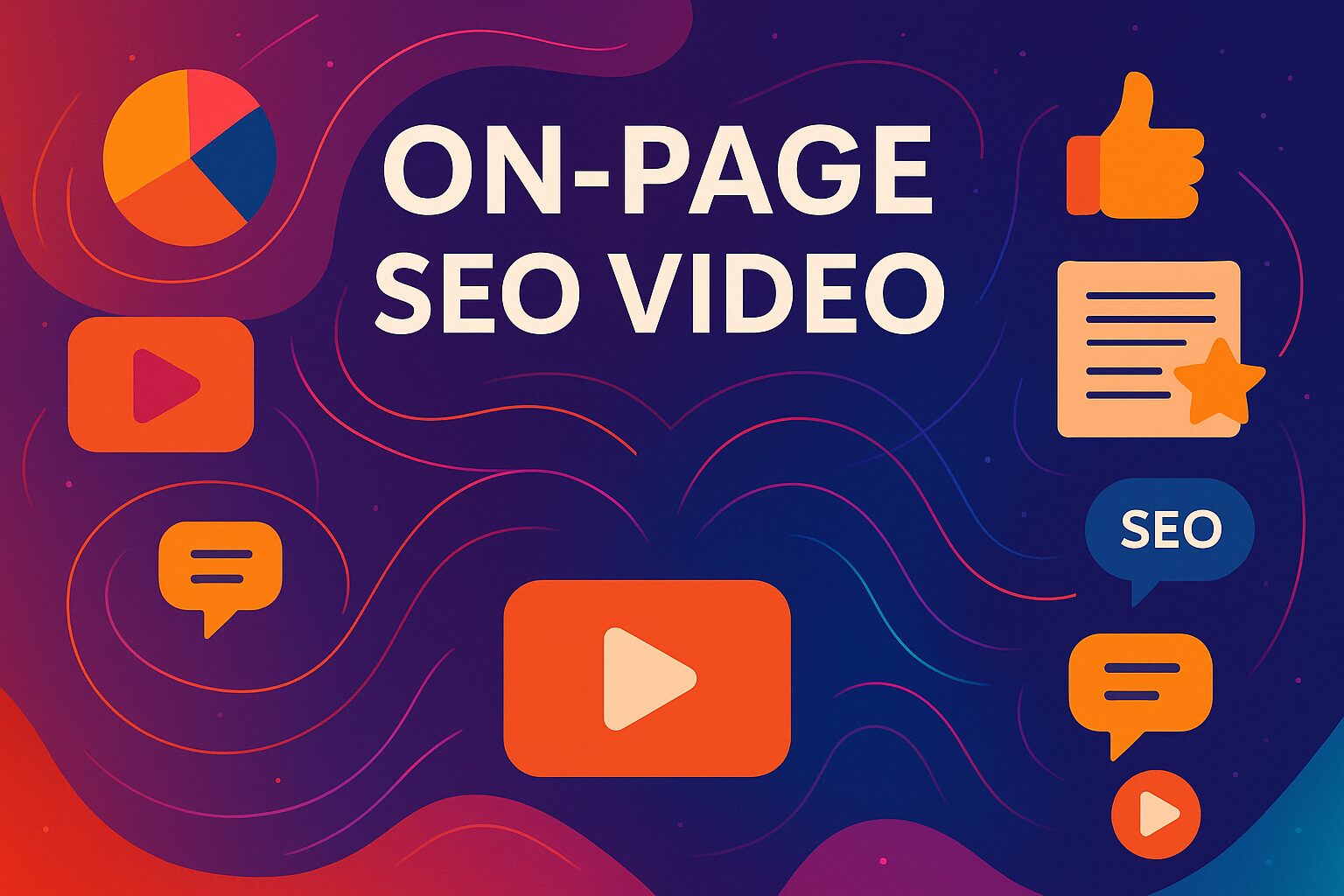What Is Enterprise SEO?
At its core, Enterprise SEO is the practice of improving and managing the search engine visibility of very large websites. These are usually websites with tens of thousands—or even millions—of pages.
Think big e-commerce stores, international brands, software platforms, or multi-location service providers. Unlike basic SEO, Enterprise SEO isn’t just about keywords and backlinks.
It’s about building a scalable, cross-functional system that keeps your entire digital ecosystem in check. When I first started working on SEO projects at scale, I thought I could use the same tactics we used on smaller sites. I was wrong.
You quickly realize that when a site has 500,000 product pages and another 100,000 blog posts, you’re in a different ballgame. Enterprise SEO requires structured collaboration, deep technical audits, and advanced automation—things most traditional SEO just doesn’t account for.
TL;DR
- Enterprise SEO is how large businesses manage search rankings across thousands of pages.
- It requires scalable strategies, automation, and collaboration between teams.
- Tools like Semrush Enterprise and BrightEdge are key to managing data and reporting.
- Team buy-in, technical SEO, and AI-driven content optimization all play major roles.
- With over 10 years of experience, we at Vibe Branding have developed unique systems to help enterprise-level clients win online.
Enterprise SEO vs. Traditional SEO
Now let’s talk about what makes Enterprise SEO different. In traditional SEO, you’re often optimizing a blog, a services site, or maybe a small e-commerce platform. It’s usually manageable by one person or a small team.
Enterprise SEO, on the other hand, is a team sport. It requires clear workflows, smart delegation, and the right platforms to keep everything aligned.
From my experience at Vibe Branding, traditional SEO is like playing checkers—straightforward, with direct moves. Enterprise SEO is chess.
You’re not just looking one step ahead, you’re thinking five steps out. You have to plan how changes in content, design, development, and compliance will affect rankings and user experience across the board.
Also, reporting is a different beast. Executives don’t just want to see traffic numbers.
They want to understand ROI. So your reports need to tie keyword rankings to business impact, across departments.
Tools like BrightEdge or Semrush Enterprise give us the firepower to do this right.

Why Large-Scale Businesses Need Enterprise SEO
If your business is big enough to have hundreds or thousands of landing pages, then you already know the complexity that comes with managing them. That’s why Enterprise SEO is non-negotiable.
It aligns your digital visibility with your long-term goals. You can’t afford to have thousands of underperforming pages when you’re trying to scale globally or compete in high-stakes markets.
I remember working with a national healthcare provider who had over 2,000 location-specific pages. They were struggling with duplicate content and internal competition.
By applying Enterprise SEO strategies—like implementing canonical tags, building a global keyword taxonomy, and scaling schema markup—we increased their organic traffic by 78% in under a year.
These are the wins that only come from enterprise-level thinking. Big businesses need big SEO because Google doesn’t grade on a curve.
Whether you have 10 pages or 1 million, the search engine is still going to hold you to the same standards. Enterprise SEO ensures you meet those standards at scale.
The Biggest Challenges in Managing SEO at Scale
Let’s be honest: managing SEO across 10,000+ pages is overwhelming without the right system. One major issue we see is content bloat.
Too many old or low-performing pages dilute your site’s authority and confuse search engines. We regularly perform content audits for enterprise clients to remove, merge, or refresh outdated assets.
Another challenge? Site architecture.
Poor internal linking structures can leave important pages buried and unindexed. When you’re managing millions of URLs, even small mistakes like this can cost millions in revenue.
On top of that, you’ve got to deal with coordination across departments. SEO teams need to align with dev, UX, marketing, and legal.
If one of those silos is out of sync, changes might never get implemented. This is why we recommend SEO governance protocols, change request templates, and clear communication hierarchies for large organizations.
Data overload is another monster. You’re dealing with a massive volume of keyword rankings, competitor analysis, user behavior, and technical issues.
Enterprise platforms like BrightEdge allow us to simplify that data into dashboards tailored for different stakeholders. And then there’s localization.
If you’re targeting multiple regions or languages, you have to manage hreflang tags, region-specific content, and local keyword targeting—without duplicating effort or introducing SEO risks.
How to Build and Structure an Enterprise SEO Team
Building the right team is crucial. At Vibe Branding, we’ve helped clients set up in-house SEO teams, outsourced agencies, and hybrid models depending on their internal capabilities.
In-house teams typically have better institutional knowledge, but they can get overwhelmed by scale. Agencies bring in external expertise but may lack your internal business context.
The best setups usually involve a hybrid model: a core in-house team working alongside specialized agencies like ours. You need at least one technical SEO, a content strategist, a project manager, and a dev liaison to make it all run smoothly.
Each person should have KPIs tied to SEO goals. I once worked with a fintech brand that had no SEO team but massive content needs.
We built their SEO program from scratch, hired internally, and used our agency as a strategic overlay. Within 6 months, their organic traffic doubled.
The key? Clear role definitions, streamlined communication, and regular sprints to execute initiatives quickly.
Your SEO team should be embedded, not isolated. They need to attend dev standups, content planning meetings, and business reviews.
SEO only works at the enterprise level when it’s baked into the culture.

The Tools and Platforms Best Suited for Enterprise SEO
You can’t run Enterprise SEO from a Google Sheet. You need heavy-duty platforms that offer automation, reporting, and integration.
We use tools like Semrush Enterprise, BrightEdge, and Conductor for everything from keyword tracking to technical audits. What sets these tools apart is scalability.
They can handle millions of data points and create dashboards tailored for different business units. I love how BrightEdge lets us forecast traffic and revenue impact from SEO changes before we even make them.
Custom reports are a game-changer. When I sit down with executives, I can show them how our SEO work improved conversions, reduced bounce rates, or supported a new product launch.
That’s not possible without tools that pull in data from multiple sources and make it readable. Integration is key. If your SEO platform doesn’t talk to your CMS, CRM, analytics, and data warehouse, you’re flying blind.
We always make sure our clients’ SEO stack is fully integrated so insights aren’t lost in translation. And of course, automation.
Whether it’s fixing broken links, auditing metadata, or optimizing content clusters, automation saves time and improves consistency across the board.
Aligning SEO Across Departments and Stakeholders
One of the most underrated aspects of Enterprise SEO is the human side—getting different departments to align. I’ve seen enterprise projects stall for months because marketing, IT, and legal couldn’t agree on a redirect.
At Vibe Branding, we start every enterprise project with stakeholder mapping. Who has the power to approve changes?
Who can block them? Who needs to be kept informed?
Once you answer those questions, you can build workflows that actually work. I also recommend building an internal SEO playbook—a set of guidelines that explain why SEO matters, what best practices look like, and how decisions should be made.
This reduces friction and helps you scale smarter. We also create internal SEO dashboards for different departments.
Devs get technical health metrics. Content gets engagement and ranking reports.
Leadership gets ROI snapshots. When everyone gets the insights they care about, SEO becomes a team sport.
And finally, get leadership buy-in early. When the C-suite champions SEO, it becomes a company-wide priority—not just another marketing task.
Scalable Content Strategy and Keyword Targeting
Content is where most enterprise sites either thrive or fail. Scaling content doesn’t just mean publishing more—it means publishing smarter. You need a keyword strategy that maps content across funnel stages, regions, and product lines.
At Vibe Branding, we build keyword libraries using clustering tools that group terms by intent. This allows us to assign topics to writers based on both search value and business relevance. It keeps teams focused on what actually drives growth.
We also rely on templates. For example, product pages, location pages, and FAQs can all follow SEO-optimized templates. This ensures consistency while reducing production time.
When scaling content, regular audits are essential. We evaluate content for engagement, search visibility, and freshness. If a page isn’t performing, we rewrite or consolidate it. Enterprise SEO thrives on continual improvement, not just mass publishing.
Technical SEO for Large, Complex Websites
Technical SEO is the backbone of Enterprise SEO. Without it, no amount of content will get you where you need to be.
Common issues we find on large sites include crawl budget waste, duplicate pages, and broken internal links. Crawl budget is especially important.
We use tools to block low-value pages from being crawled while highlighting high-priority pages. This helps ensure search engines are indexing your most important assets.
Another frequent problem is improper use of canonical tags, especially on e-commerce sites. We’ve helped clients eliminate thousands of duplicate pages simply by correcting canonical logic.
Site speed and mobile responsiveness are also vital. Enterprise websites often rely on legacy code and outdated CMS structures.
We work with dev teams to make performance updates that help rankings and improve user experience. Finally, we implement structured data at scale.
This improves click-through rates and enables rich results in search—key advantages for competitive terms.

The Role of Automation and AI in Enterprise SEO
Automation and AI have changed the game. We now use automation to run audits, identify issues, and even apply fixes.
This helps our team focus on strategy rather than busywork. AI is equally powerful.
From content ideation to optimization, AI tools like GPT and Semrush’s Copilot allow us to generate outlines, rewrite meta descriptions, and spot keyword gaps in seconds. We’re also using predictive analytics to forecast rankings and revenue impacts.
These insights help us prioritize tasks based on actual business value. Automation isn’t just about saving time.
It ensures accuracy, consistency, and repeatability—three things that are critical when managing SEO across thousands of URLs.
Measuring Enterprise SEO Success: KPIs That Matter
You can’t improve what you don’t measure. Enterprise SEO success hinges on picking the right KPIs—and reporting them to the right people.
We track rankings for priority keyword clusters, organic sessions by content type, and conversion metrics tied to search traffic. But we don’t stop there.
We also track indexed pages, bounce rates, and content engagement. These metrics help us uncover which parts of a site are underperforming.
Each department has its own KPI dashboard. Leadership sees revenue growth, product teams see category traffic, and content teams see engagement rates.
This keeps everyone aligned on what success looks like.
Final Thoughts: Building Your Winning Strategy
Enterprise SEO isn’t just an upgrade—it’s a necessity for large organizations looking to win in search. With over a decade of digital marketing experience at Vibe Branding, we’ve learned that the key to success is structure, collaboration, and the right tools.
Whether you’re managing 50,000 pages or planning for global expansion, Enterprise SEO is how you scale smartly. It’s how you future-proof your visibility, align your teams, and drive long-term ROI.
If you’re ready to elevate your SEO efforts, let’s talk. At Vibe Branding, we’re here to make the complex simple—and help you win big in search.
